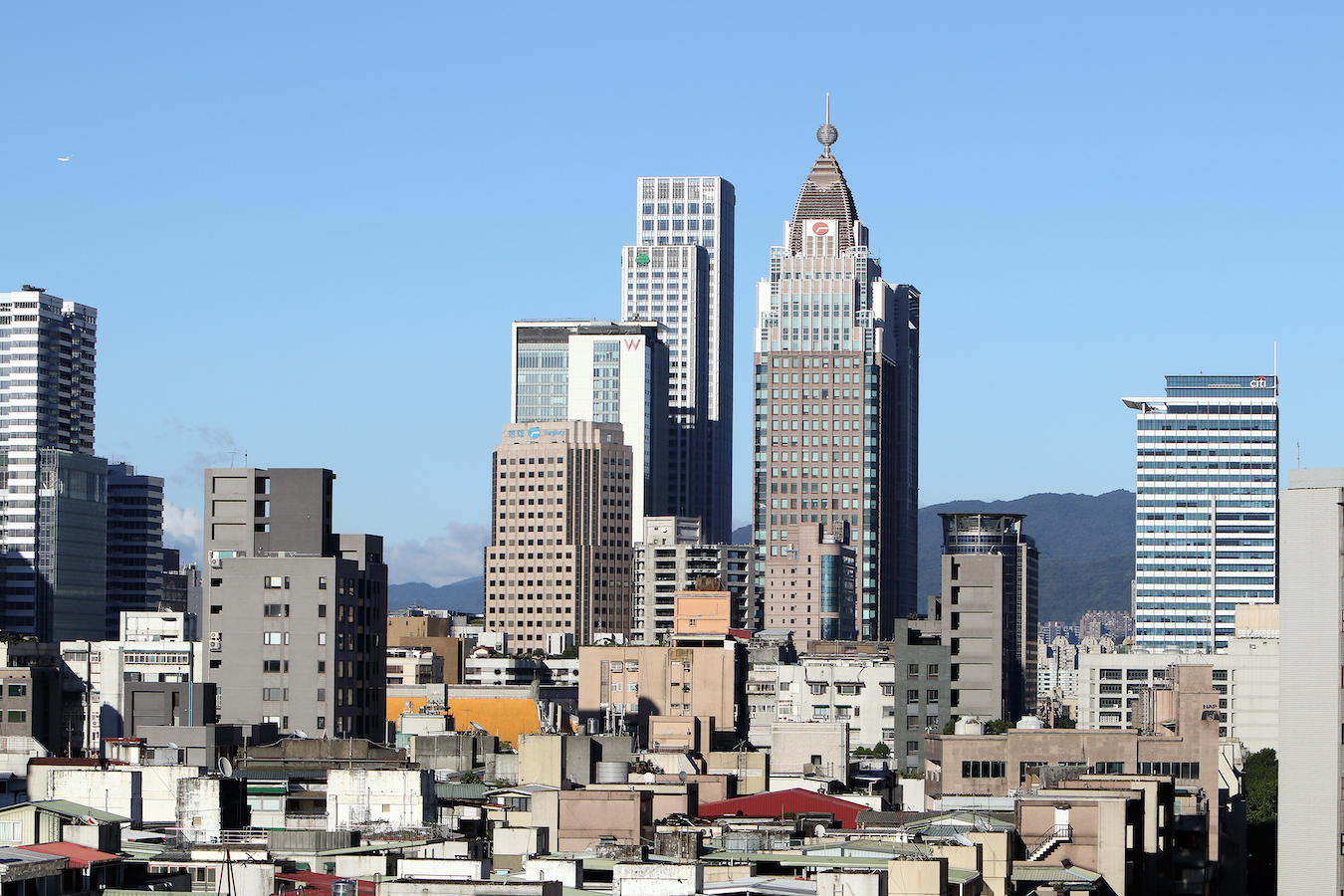by Brian Hioe
語言:
English
Photo Credit: Jirka Matousek/Flickr/CC BY 2.0
CONTROVERSY HAS BROKEN out in the wake of a food contamination incident that led to two deaths. Two died after eating at the Polam Kopitiam location in the Far Eastern Department Store Xinyi A1 in downtown Taipei. The poisoning incidents occurred between March 19th and last Sunday.
It is thought that the deaths occurred due to the presence of bongkrek acid, an acid produced when fermented coconut or corn is contaminated by the bacteria Burkholderia gladioli pathovar cocovenenans. The deaths occured last Sunday and on Wednesday.
Apart from the two deaths, five are in intensive care as a result of the poisoning incident, while there are two others were hospitalized but not in intensive care, and three who have been transferred to regular wards. Twenty-one other individuals have since left the hospital. One individual seems to have experienced food poisoning at another location of Polam Kopitiam at the Raohe Night Market, but later reports indicated that the outbreak was limited to the Xinyi location of Polam Kopitiam. Four of those in intensive care are in comas.
This is the first time that bongkrek acid has been detected in Taiwan. According to acting Minister of Agriculture Chen Junne-jih, there are four subspecies of the Burkholderia gladioli bacteria, only one of which produces bongkrek acid. This subspecies, however, is not thought to exist in Taiwan. Likewise, Chen stressed that this bacteria had not entered the local domestic agricultural ecological chain. The origins of the bongkrek acid are yet unknown.
Most rice in Taiwan is sold within six months of harvesting without any fermentation process, as a result of which the Ministry of Agriculture has stressed the safety of Taiwanese rice. Part of the confusion is thought to arise from that the Mandarin for bongkrek acid is “fermented rice bacterial acid”.
In particular, some responses from society include banning flat rice noodles. This has been the response from the Hualien, Keelung, and Yilan county governments, which have stated that the ban will last until the scare ends. The Ministry of Education has also sought to remind schools that food served to students must be made that day, rather than reheated.
Photo credit: MiNe/Flickr/CC BY 2.0
One notes that the county governments for Hualien, Keelung, and Yilan are all KMT-controlled at present. This continues the recurring pattern in Taiwanese politics of contention between the central authorities of the Tsai administration and pan-Blue local governments regarding public health, with local governments often seeking to upstage the Tsai administration by seeming more proactive, or accusing the central government of mismanagement. This was a recurring pattern during the COVID-19 pandemic, though this may have had the inadvertent effect of reinforcing COVID-19 prevention and containment measures, in that both sides sought to outdo each other with regard to pandemic measures–even if this also sometimes proved a stumbling block to cooperation.
This is not the only food safety scandal in recent memory, however. February and March saw scandals regarding the discovery of the dye pigment Sudan Red being used in chili powder as a coloring agent, despite the fact that it is carcinogenic. This was preceded by a controversy over the discovery of the meat additive cimbuterol in pork from the Taiwan Sugar Corporation, which led to criticisms from Taichung mayor Lu Shiow-yen directed at health authorities.
Food safety scandals are among those that the KMT has leaned into in order to attack the Tsai administration, such as regarding the Tsai administration lifting longstanding bans on US pork treated with growth hormone ractopamine and on food imports from prefectures of Japan affected by the 2011 Fukushima nuclear disaster. At the same time, the Sudan Red controversy was perhaps an inconvenient one for the KMT, which calls for stronger economic relations between Taiwan and China, in that the adulteration of such food products was because they were from China.
Either way, Taiwanese society has a long history of food adulteration scandals. Namely, food adulteration scandals have caused significant political firestorms in the past, as observed in food adulteration controversies after nine Taiwanese companies–the largest of which were Ting Hsin International Group and the Wei Chuan Food Corporation–were found to have sold adulterated cooking oil in 2013. Indeed, the 2010s saw a number of food adulteration scandals involving products ranging from cooking oil to chemicals such as methyl yellow and palm oil as a clouding agent. This goes back to endemic cost-cutting by Taiwanese companies at the expense of consumer safety.


